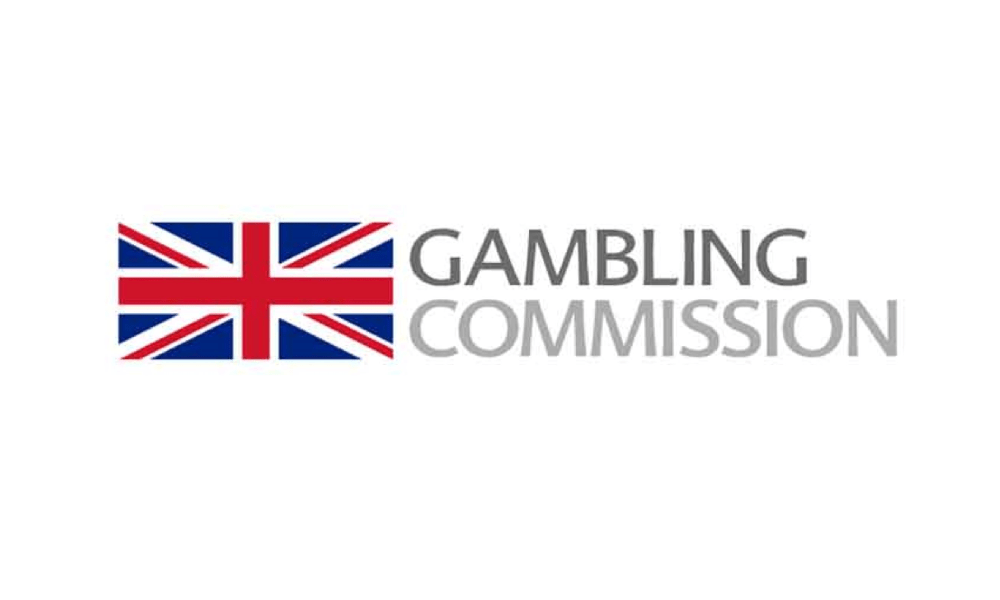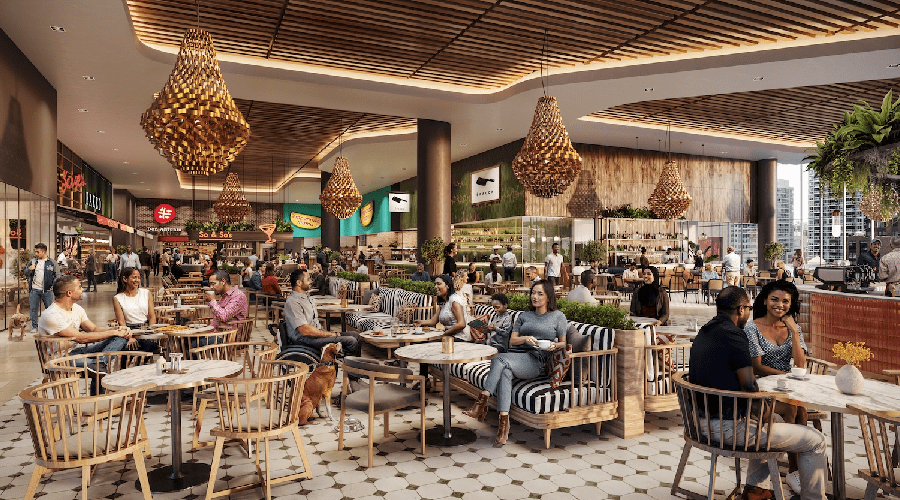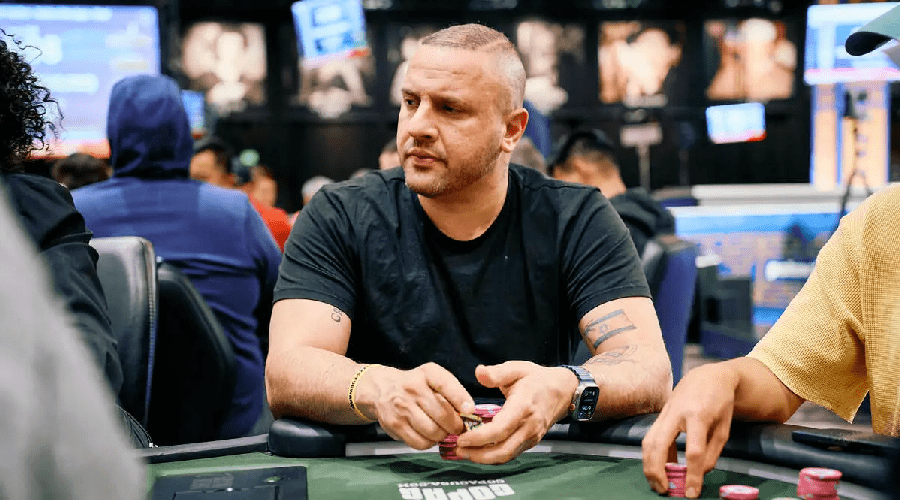According to UKGC, there is no proof of a consistent rise in gambling activity
According to the UK Gambling Commission's most recent data, "there is no evidence of a significant or sustained increase in gambling activity" during the COVID-19 period across the population as a whole.
The statements coincide with the regulator's publication of fresh statistics showing how the tightening of lockdown measures has changed British gamblers' behavior.
The most recent data confirms the need for operators to exercise greater caution in the present environment, as stated last week by Neil McArthur, chief executive of the UKGC. This data encompasses both online gambling and consumer research and spans the time period from March to November inclusive.
However, the regulator notes that "gambling activity has not increased significantly or continuously since the COVID-19 outbreak began."
Using data from a nationally representative sample of more than 3,000 persons, 60% of respondents claim that COVID-19 has had no impact on the quantity of gambling they undertake, with 27% reporting a drop and 13% documenting an increase in activity.
According to consumer data from the Haze online omnibus, gamblers predict their expenditure to stay the same, go down, or grow over the next three months, with 3% expecting a gain. Online offers have, as expected, shown the largest proportion of new players since the epidemic started.
According to the research, males in the same age range are the ones who are most likely to have increased their gambling activity, while women under the age of 35 are more likely than average to have begun gambling after March 2020, when they hadn't bet previously.
According to the most recent operator statistics, online gambling activity increased with a 3% month-over-month rise in active accounts and a 4% month-over-month increase in bets, while gross gambling yield decreased by 13% as a result of actual event betting margins normalizing.
Slots GGY saw a 3% growth in revenue to around £177 million and a 4% increase in bets to over 5.2 billion, while the number of active accounts climbed by 1% to 2.8 million, marking the greatest level from the epidemic era.
Throughout the months of October and November, there were 2.2 million longer-than-an-hour online slot sessions, a 3% rise. This is 1% more than the 2% growth in total sessions, which totaled 27.5 million.
Around 8% of all sessions lasted more than an hour, with the typical session time rising from 22 minutes to 23 minutes.
According to the UKGC, the average loss-per-player in the online slots vertical is over £63, compared to £43 for actual event betting and £35 for casinos, and "continues to be considerably greater than any other online gambling product."
The amount of customer interactions that were conducted in October and November increased by 3% to just over one million. which were primarily automated in nature. Operator data shows that in November, the percentage of contacts that had direct staff contact decreased marginally to 3.7%.













